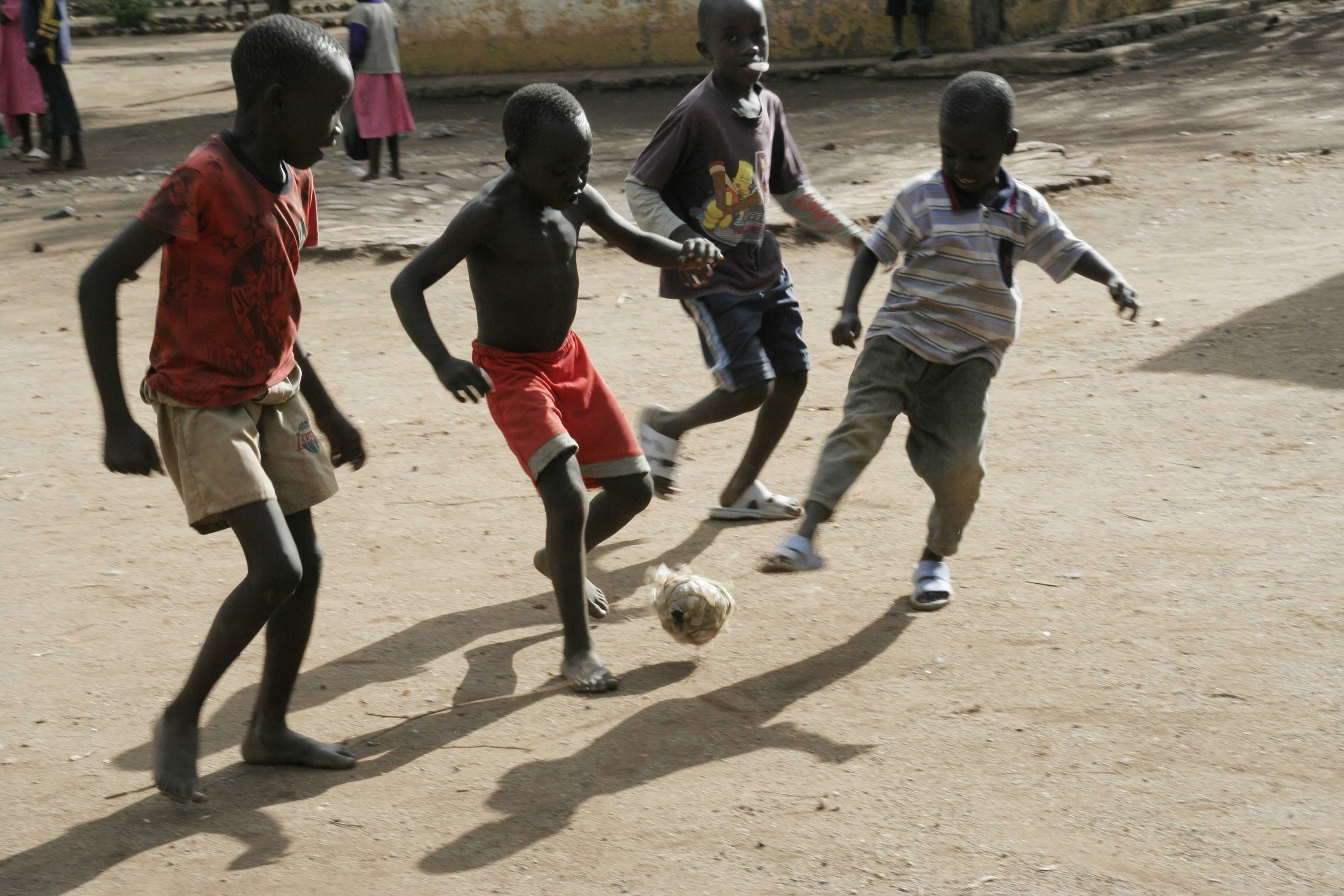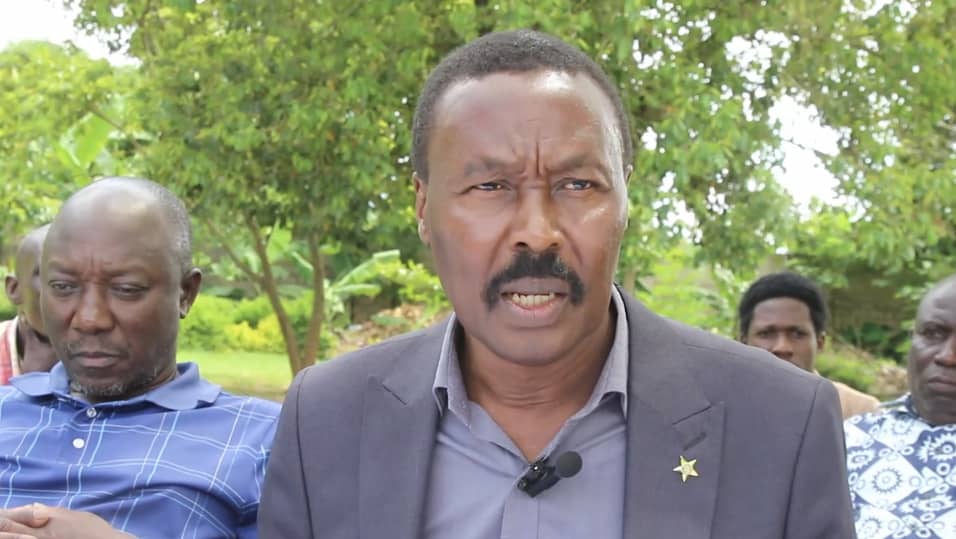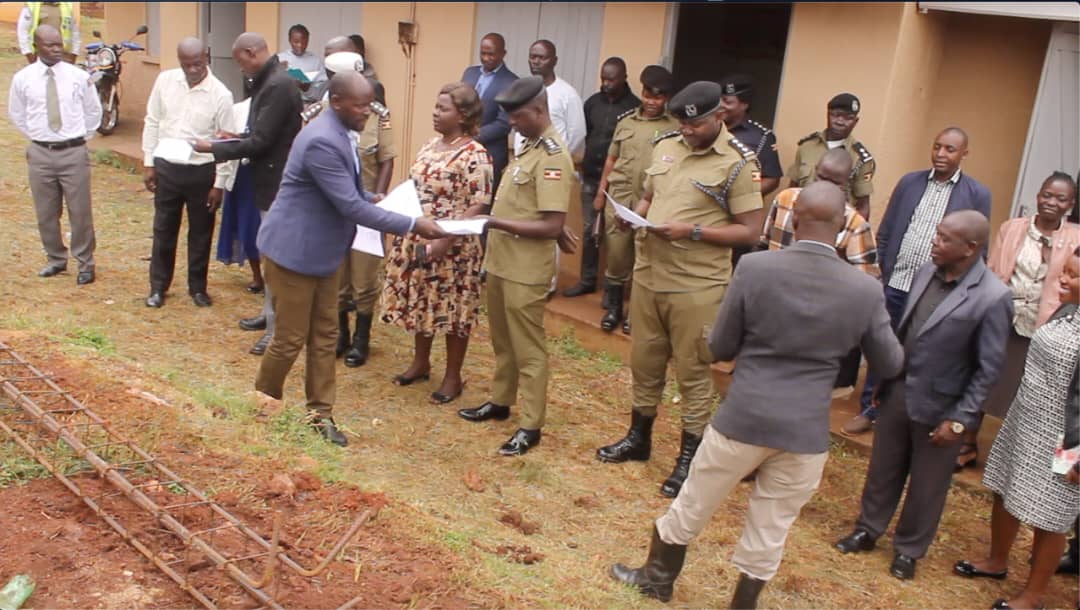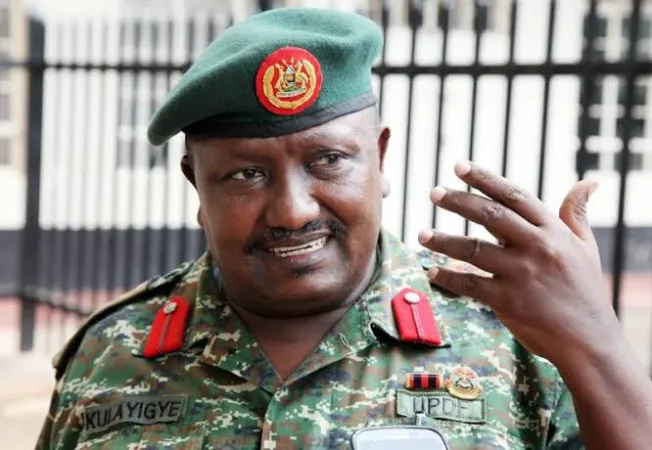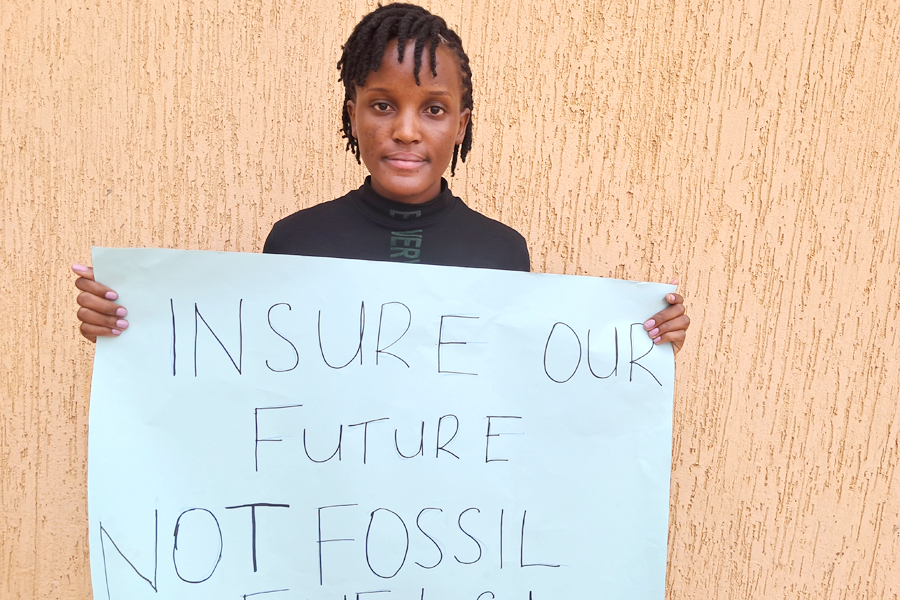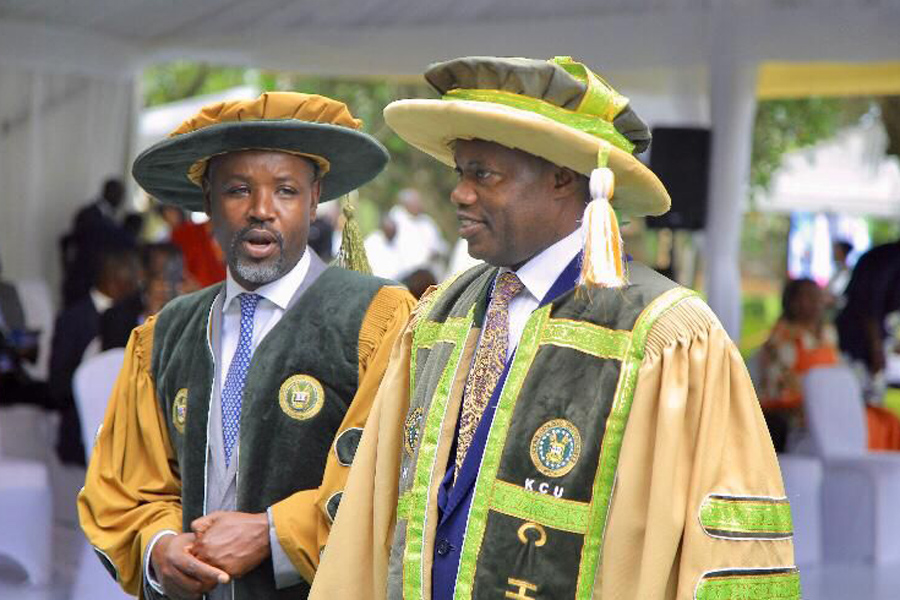The Big Talk: Kale Kayihura US sanctions spell trouble for Uganda in the international community
Nxt Radio's The Big Talk hosted the deputy director of the Uganda Communications Commission Col (rtd) Shaban Bantariza, researcher and columnist Yusuf Serunkuma, Democratic Party youth leader Christopher Okidi and Forum for Democratic Change (FDC) deputy Secretary General Harold Kaija. The panelists met to discuss the latest political developments especially the United States sanctions against former Inspector General of Police Kale Kayihura.
Shaban Bantariza: The European Union always weighs in when America does something. They always give each other a hand. Perhaps they feel that not coming out on Kayihura would make the Americans assume they are not on their side.
Keep Reading
Bantariza: The U.S. lumped those sanctions on Gen. Kayihura. I am not sure they communicated with him directly. What I know is that they didn't inform the Ugandan government prior.
Bantariza: Gen Kayihura is a serving officer. He is not allowed to cross any border without express permission from the commander-in-chier. For some partners to directly deal with the general is certainly undiplomatic, to say the least. That's why some of us don't want to discuss this. We saw the sanctions in the media like everyone else did.
https://nilepost.co.ug/2019/09/19/kadaga-asks-rugunda-to-clarify-on-gen-kayihuras-fate-after-us-sanctions/
Yusuf Serunkuma: The West often works as a cartel. They work hand in hand with each other. If U.S. slaps sanctions, they usually consult with the Europeans.
Serunkuma: What is the implication of the Kayihura sanctions? The U.S. as a country has been Uganda's friend. The relationship has been a good story. Maybe the beautiful story is coming to an end. Perhaps an ally [Museveni] has become a liability?
Serunkuma: Gen. Kayihura is a big chapter in the story of the US-Uganda relations. This is just the beginning. More chapters are coming.
https://nilepost.co.ug/2019/09/23/kyanjo-here-are-the-lessons-to-learn-from-gen-kayihuras-dilemma/
Christopher Okidi: As the Democratic Party, we issued a press release on these sanctions. The commander-in-chief in Uganda is Museveni, not Kayihura. Why would the Americans go for Kayihura? As DP, that is our position.
Yusuf Serunkuma: The U.S. - Uganda alliance is still great. The Kayihura sanctions however terribly dent the image of our government that portrays itself as a protector of democratic values. They are embarrassing.
Bantariza: We have a judicial system. Any suspect I subjected to that system. Has the United States taken over Uganda's judicial system? They are free to do what they want but we are not embarrassed by these sanctions.
Bantariza: These sanctions are allegations. One who is being accused has responded to every issue raised. This is a word between the U.S. and Gen. Kayihura. Allegations are allegations.
Harold Kaija: If we improved our countries, we wouldn't want to go to the U.S. or Europe. Given the standards of living in Botswana, not many people from there want to go to these places. The time has come for us to fix things here.
https://nilepost.co.ug/2019/09/14/i-worked-with-fbi-to-violate-human-rights-and-was-awarded-my-family-and-i-dont-need-usa-kayihura/
Yusuf Serunkuma: I am sure the Ugandan government has been aware of the investigations into Kayihura by the U.S. There must have been people lobbying for these sanctions for a while. One of the ways around the sanctions is to try Kayihura locally. However, when he was taken to court, he was charged with different cases.
Yusuf Serunkuma: The Americans have had an ally [Museveni] for a long time. However, the forces seem not to favour his stay anymore. In the book being written, you have chapters such as northern Uganda, Kasese, Kayihura and the big man.
Bantariza: When Americans have interests, they will always be with you. They are perhaps looking at the president as someone who will not be on the political stage long term. They could be looking at who may be coming in next. Perhaps they are putting sanctions on Kayihura to eliminate him as a possible replacement.
Bantariza: Americans worked with Kayihura and even awarded him. How does an award go with sanctions?
Kaija: Generals are at the top of the army hierarchy. Whatever they claim that Kayihura did was on behalf of the president. Kayihura has been described as cadre #1.
Kaija: The Kayihura sanctions are becoming an issue because many of these guys have fortunes they grabbed from here and stored in the West. We have empty malls. Some of their owners are being forced to return money to this country.
Harold Kaija: Americans are showing us that while we thought we are in good books with them, we are not. This is a vote of no confidence in the Kampala government. They might not touch them but they are making them look dirty.
Bantariza: The U.S. government didn't communicate to our government hence our silence. The citizens have however spoken out, demanding a response from government. On Monday, cabinet will consider this matter and respond.
Serunkuma: A lot has changed since the Cold War. Today, Americans can't just come here and pick people. That doesn't happen anymore. If it did, they would have come for Bashir a long time ago. What they do now is sanctions. Bashir collapsed 10 years after they slapped sanctions on him.
Bantariza: Democracy is always a work in progress. The Electoral Commission has brought a proposal to ban cameras; some will object while others will support it. Cameras alone don't promote transparency. Photos can be manipulated. On the other hand, people need to see what is happening.
Bantariza: I am entitled to secrecy at the polling station. If I am under the surveillance of cameras, isn't my privacy suffering an invasion? We need debate on this. Democracy is about what the majority want but majority opinions are not always right. That is democracy.
Serunkuma: Democracy is not about majority. That is a lie of the 21st century, just like the claim that every man is born free. Democracy is about the technocrats and the powerful.
Serunkuma: Should cameras be what we debate? Is it a major debate? The actual reforms to ensure a free and fair election in 2021 are not being tabled. What is being tabled is just a show and in the end, the state quo will be maintained.
Okidi: As DP, we are disappointed with the scope of electoral reforms tabled in Parliament. For example, the reforms make no mention of the media. We have no law regulating independents yet our Parliament is flooded with them.
Okidi: As DP, we want the entire system changed so that we adopt a system of proportional representation to deal with gerrymandering, improve quality of our Parliament, strengthen our multiparty system and keep the army out of Parliament. If the army has no party, it has no business being in Parliament.
Kaija: There is sugar coating that we are a multiparty democracy and have institutions. At the end of the day, there is one man who makes decisions and everyone works to please him. When we mention these issues, we are told our democracy is young.
Kaija: Mr Museveni gives us poor roads and he flies. They give us poor schools and take their kids abroad. Politics is not just about elections. When we talk about reforms, we are not just thinking about ourselves.
Serunkuma: Our opposition figures are career politicians. They chose to legitimise the debate on lifting the age limit by participating. They should have walked away. Museveni paid the NRM and also paid these fellows. They are happy with their careers.
Serunkuma: The opposition figures keep returning because they benefit from being seen to do something. Our opposition players are happy. When they table these reforms, it is a game... a smokescreen.
Host: Has boycotting ever paid paid off?
Okidi: For Serunkuma to say opposition players are career politicians who benefit from the process is a sign that he lacks empathy. Political parties in Africa that boycott have been punished severely. Many have gone into oblivion.
Bantariza: Serunkuma is from academia where it's all about perfection. Politics is reality. World over, governments respond better to pressure. Our laws have no provision for walk outs or boycotts. Politics is a struggle.
Serunkuma: Boycott is part of the struggle. You boycott certain debatable items, not everything. Uganda misses the Museveni of 1986. He took things on. He risked death. If you fear being punished, you are career opposition politicians.
Bantariza: Electoral reforms should be debated by everybody. I am for sanitisation of our politics so that whoever comes after, they have a foundation built through a struggle and use less energy.








